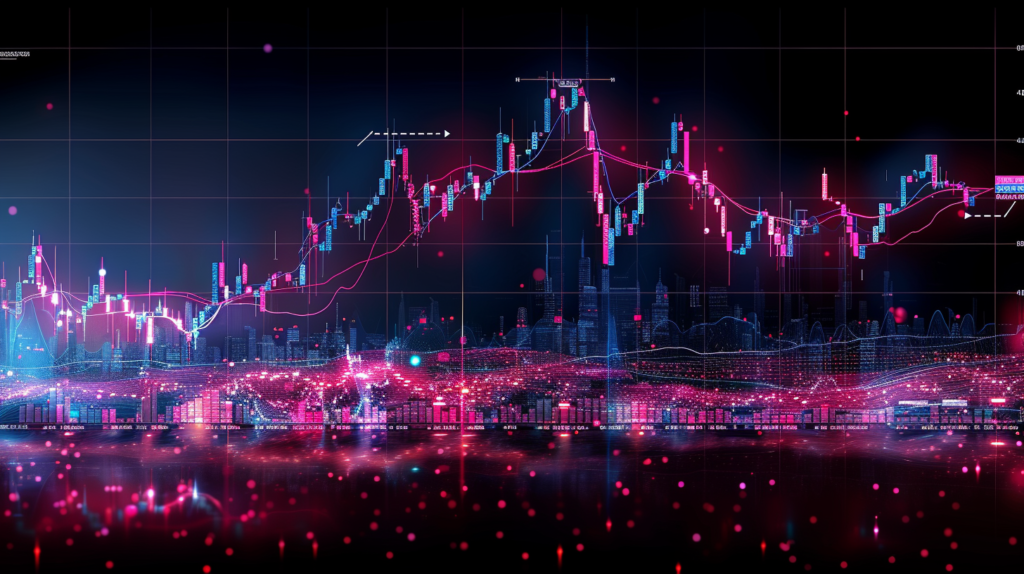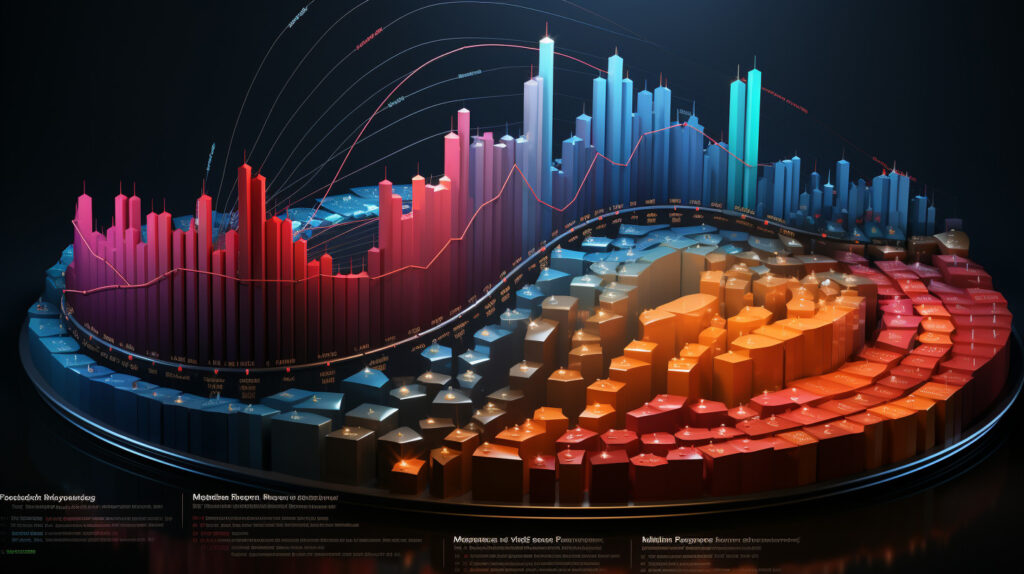
Forex Expert Advisors (EAs) are automated trading systems developed for the MetaTrader platform. They execute trades based on pre-set strategies and trading rules without or with minimal human intervention. These tools became popular among forex traders because they help streamline trading processes, make data-driven decisions, and potentially enhance trading profitability by minimizing emotional trading and ensuring discipline. However, creators don’t make all Expert Advisors (EAs) equal or with their users’ best interests in mind. The quality, reliability, and effectiveness of EAs vary widely.
Experienced traders and programmers meticulously design some to follow sound trading strategies. However, others might have poor construction or rely on overly simplistic or risky strategies, potentially leading to significant losses. Additionally, marketers often target inexperienced traders with EAs that boast exaggerated profitability claims.
The Illusion of Profitability in Forex. Expert Advisors Unveiled
As promised earlier, we’ve prepared a list of trading robots that, at some point, were popular in the retail forex traders’ community due to the very convincing illusion of profitability that these Expert Advisors (EAs) created. However, the way we see it, these robots have brought nothing but deposit losses to 90% of those who trusted them. Below is the table. You’ll find part of the comments these robots leave in trades on the right side. There can be additions like [tp], [sl], etc. All these parts of the comment are accounted for in SQL queries by the “%” symbol. For this reason, the string (comment) is bounded by percent signs on the left and right. The right column has its commercial name and our commentary about its strategy.
Where did this table come from, you might ask? There’s a website called Forex Peace Army. They have a page where they post information on various EAs for everyone to see. They found some of those Expert Advisors and subscribers sent in others. We believe that thousands of retail traders had the pleasure (or more likely displeasure) of testing some of these EAs. Not all of these EAs had become popular. Below, we’ve compiled a selection of those EAs that received tons of attention on different forex forums. We can only guess how much money retail traders invested (and subsequently lost) in these EAs.
Categorizing Expert Advisors
In our table, we created three main categories of Expert Advisors:
- Grids
- Martingales
- Unknown – robots whose algorithm remained unclear (but their “toxicity” was proven by the loss of deposits)
The classification of Expert Advisors into grids and Martingales is somewhat arbitrary since both strategies are similar. These EAs may use different logic to open their first trade. It could be the value of an indicator or a certain event. It is not important. What’s important is that their trading logic becomes fairly similar after that. Upon a loss, they start to increase the losing position. Robots trading based on Martingale logic increase the volume by multiplying it by a certain coefficient, for example, at 1.5. They open each subsequent trade one and a half times larger than the previous one.
Grids, on the other hand, open orders without a multiplier, so the volume of subsequent orders is the same as the first order in the losing series. Suppose luck is on their side. When the market turns, all these losing orders close simultaneously with a financial result that is slightly better than the break-even point. But if luck is not on their side, the broker will close all these losing orders automatically when they reach the margin call level and then eventually the stop-out level. Once that happens, the account is blown to bits, no matter which logic (e.g., Martingale or Grid) uses the EA.
The Illusion of Profitability
What are these Expert Advisors programmed to do? What’s the modus operandi of these EAs, you may ask? They wait for sideways movements and periods of uncertainty in the forex market. We have noticed that they usually show profits in the spring and summer. When do they lose? Again, based on our observations, this often happens in the fall and winter.
Why is that? It’s hard to say, but we can speculate that fall is when the United States government approves huge budgets for various purposes. These budgets set strong trends that these advisors catch. During periods of uncertainty, these robots show stable, albeit small, profits. That’s why they’re popular on forums. It’s an old story. Out of nowhere comes a trader with a “magic pill,” their trading statement shows the “illusion” of potential earnings, and they want you to believe you’ve hit the jackpot…
Then, the story unfolds according to a standard scenario. Trusting retail traders open accounts with some broker, fund them, set up this Expert Advisor, and start waiting for a miracle. Indeed, the robot might make them happy for a while. But this trading bot will blow your account at the end of the day. We’ve seen it many times with our own eyes. Notably, the vast majority of such “traders” can’t set up these robots themselves, so the customer service department of a broker has to do it for them.
The Harsh Reality of Trading Bots
We’ve seen traders experience massive losses not just once but twice: many accounts just blowing up. It wasn’t a few isolated incidents; traders across various countries felt the impact almost simultaneously. The first wave hit thanks to an Expert Advisor called FfirstTea. Then, a few years down the line, we witnessed an even bigger wave of account disasters caused by another expert advisor named Phoenix. In fact, our series of posts kicked off with a review of the Phoenix EA. The creators of that trading bot spared no expense in promoting it.
You might say that we’re living in the golden age of trading robots, wondering why focus on the failures when some bots are raking in cash. I get where you’re coming from. We’ve all heard those stories, like the one about a friend’s son who struck it rich with a Forex robot. But I’ve listed here a bunch of robots that, sadly, have been more about draining accounts than filling them. Don’t worry, we’ll get around to talking about the success stories, too—those robots exist.
And hey, if you think you’ve found the ultimate trading bot, do yourself a favor and skim through our list. It might just save you from a costly mistake. If it is on our list, you shouldn’t touch it even with a ten-foot pole 🙂
Bottom Line
In summary, the forex landscape is riddled with Expert Advisors that promise profitability but often lead to significant losses. Some strategies, like Grids and Martingales, intrigue traders with their methodology. Seasonal fluctuations and unrealistic profitability claims highlight the importance of caution. Our experiences, especially with notorious EAs like FirstTea and Phoenix, underscore the perils of blindly trusting automated systems. Traders should critically assess EAs, avoiding those listed as risky, to navigate the complex forex market successfully and safeguard their investments.
DISCLAIMER! The contracts for difference (CFDs) we discuss come with high risks, and you could lose all the money you put in. Make sure you understand all the risks involved before you dive in.
As Foreign Exchange Market specialists, Finansified understands the intricacies of building a successful portfolio by fine-tuning FX trading strategies. Contact us for expert solutions and follow finansified.com for insider tips and advanced trading strategies.
Do The Smart Thing. Subscribe!
Get notified about our new articles and insights.



